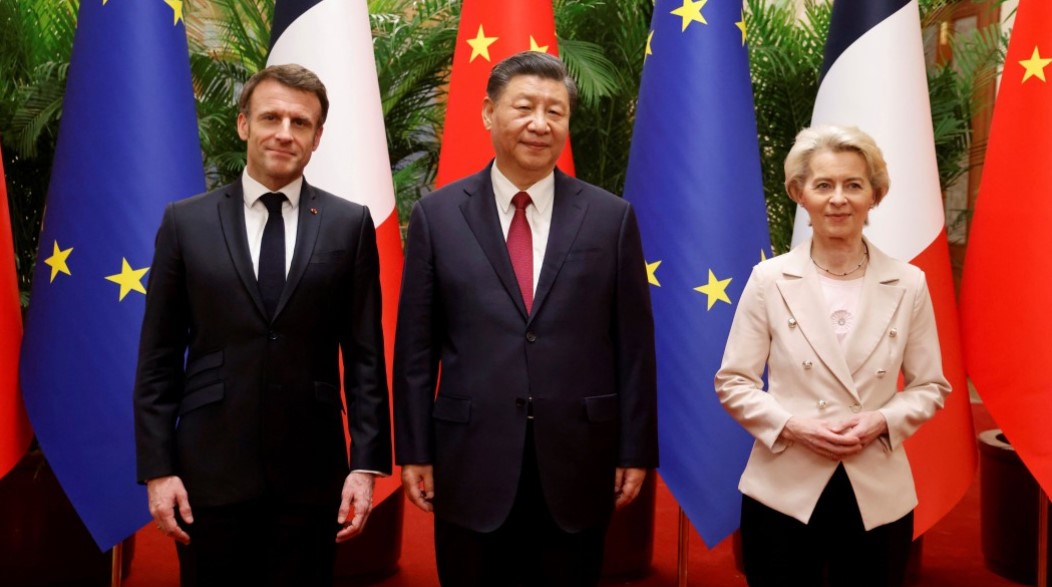
Too Big to Fail !
Sun, 23 Apr 2023 | Reading Time: 4 minutes

China, the second-largest economy in the world and one of Russia’s closest political allies, is possibly the most important component of the political encirclement of Russia that the EU and the US have constructed. Since the start of the Russia-Ukraine conflict, Beijing has refrained from using the word “invasion” and instead refers to it as an “issue” or a “crisis,”. Additionally, Chinese Foreign Minister Wang Yi has frequently cited NATO’s expansion as the primary cause of the disaster and criticised Western sanctions on Russia as “adding fuel to the flames.” Presidents of China Xi Jinping and Russia Vladimir Putin jointly proclaimed “a friendship with no limits” just three weeks prior to Russia’s incursion. Few observers argued that Beijing has adopted a pro-Russia neutrality stance on the conflict.
The foreign policy leader of the European Union criticised China on 4th April 2023 for backing Russia during its invasion of Ukraine, calling it “a blatant violation” of Beijing’s UN obligations. “There cannot be siding with the aggressor,” Josep Borrell said. “There is a clear expectation from a permanent member of the (UN) Security Council to stand up in defence of international rules-based order and China has a moral duty to contribute to a fair peace.” Borrell was outspoken in his criticism as he was standing next to the US Secretary of State, Antony Blinken.
Now the other side of the relations between European Union and China is quite opposite of what is being done in the vicinity of United States of America. The European Union states such as Germany, France and Spain seem quite interested in establishing economic ties and looking back in business with Beijing. This can be more evident by analysing the trade relations between EU and China. Despite the deteriorating political situation because of Russia-Ukraine conflict, EU-China trade remains strong. In 2022, there were 856 billion euros worth of products exchanged between the EU and China. It represents daily trade of 2.3 billion euros. The volumes are so large that trade between Europe and China has been dubbed TOO BIG TO FAIL, which explains why European politicians visit China frequently in spite of local and international tensions.
German Chancellor, Olaf Scholz became the first European leader to visit China since Russia’s invasion of Ukraine, which Germany has strongly opposed. The visit also coincided with the 20th National Congress of the Chinese Communist Party, during which Xi defied party convention by winning a third term. In this setting, a high-level state visit undoubtedly interpreted as tacit confirmation of Xi’s power grab. Scholz was accompanied by business delegation of German CEOs. Just before the trip, the German government gave its approval and support to China Ocean Shipping Company (COSCO) in its acquisition of a share in Hamburg, the largest port in Germany. This deal was opposed by six German ministers, including the vice chancellor and foreign minister due to national security concerns. Scholz nevertheless managed to get it passed, which was largely regarded as a “gift” to Beijing. The German leader was successful in establishing the tone for future visits by European leaders with his quick trip to China. Scholz’s controversial trip to Beijing, which struck a delicate mix between risk and reward, has given him the power to influence how Europe will interact with the second-largest economy in the world going forward.
France President, Emmanuel Macron travelled to China when his country was undergoing civil unrest due to pension reform bill. During Macron’s visit, France and China signed new trade agreements. He hoped to reach an agreement with a leader whose core policy is expansionism. He urged Chinese president to make peace between Russia and Ukraine. China has declined to criticise Russia’s invasion of Ukraine or to provide assurances regarding Taiwan. Nonetheless, the trip was a success for both parties. Macron during his speech in China emphasised on voluntarily establishing trade relations with China and he said that Europe should not decouple from China. He was accompanied with some sixty business leaders from France and European Union chief Ursula von der Leyen. They did their best to depict European unity throughout this visit.
Spanish Prime Minister Pedro Sanchez visited China in the end of March this year. He urged Chinese President Xi Jinping to speak with Ukrainian authorities and gain first-hand knowledge of Kyiv’s peace plan in order to put an end to Russia’s invasion. He praised China’s 12-point proposal to end the Russia-Ukraine conflict. In the second half of this year, Spain will assume the rotating EU chair and make a commitment to improving communication and collaboration between the EU and China.
All these steps by European leaders depict the dynamics of International Relations. Establishing Economic ties by ignoring the Political ones portrays that “Geo-economics is outweighing Geopolitics”.
Despite its geographical distance, China is a “power in Europe.” China is well-positioned to play a larger role in European politics as a result of its investments, it has access to all facets of European society, and growing influence among the continent’s economic and political elites. Olaf Scholz and Macron have always supported the concept of “European sovereignty,” according to Schmid, a foreign policy expert and Social Democratic member of parliament. France President reiterated call for Europe to act more independently of the US on China and Taiwan, he also declared that France is “an ally but not a vassal of the United States” during a press conference in Amsterdam. There is no doubt that Europe is strongly split on how to approach contemporary security concerns. The only shared opinion in Europe today appears to be political faith in Beijing’s ability to resolve Russia’s war in Ukraine. A weaker and fragmented Europe increases the likelihood of a bipolar world. Beijing relishes the idea that the major countries are pursuing “strategic autonomy” from the US and so refuse to oppose China’s hegemonic actions in Asia. The decisions that Europe must now make regarding its future relations with China will have a significant impact on transatlantic relations in the years to come.
Disclaimer
The opinions expressed in this article are the author’s own and do not reflect the views of Chanakya Forum. All information provided in this article including timeliness, completeness, accuracy, suitability or validity of information referenced therein, is the sole responsibility of the author. www.chanakyaforum.com does not assume any responsibility for the same.
Chanakya Forum is now on . Click here to join our channel (@ChanakyaForum) and stay updated with the latest headlines and articles.
Important
We work round the clock to bring you the finest articles and updates from around the world. There is a team that works tirelessly to ensure that you have a seamless reading experience. But all this costs money. Please support us so that we keep doing what we do best. Happy Reading
Support Us




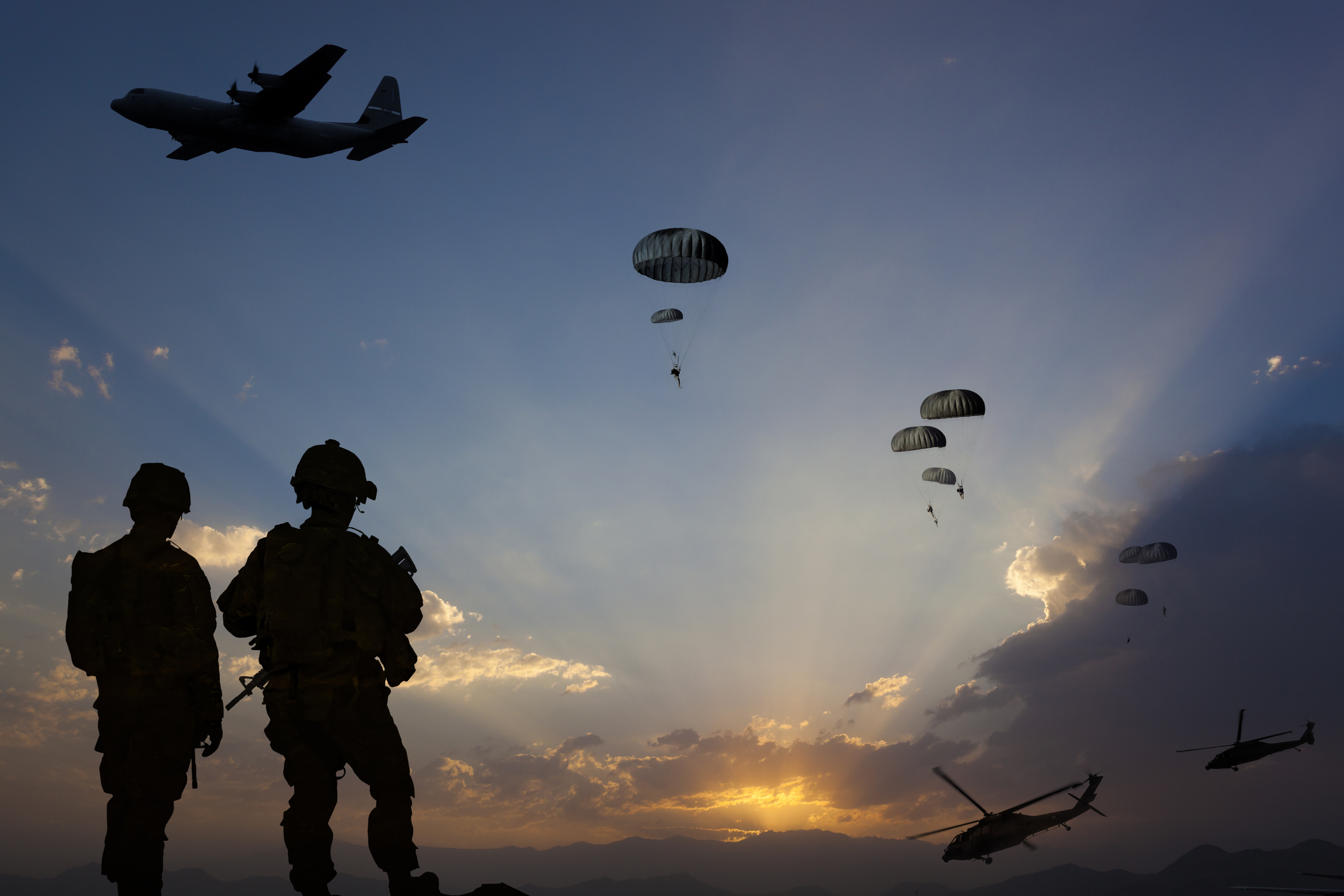

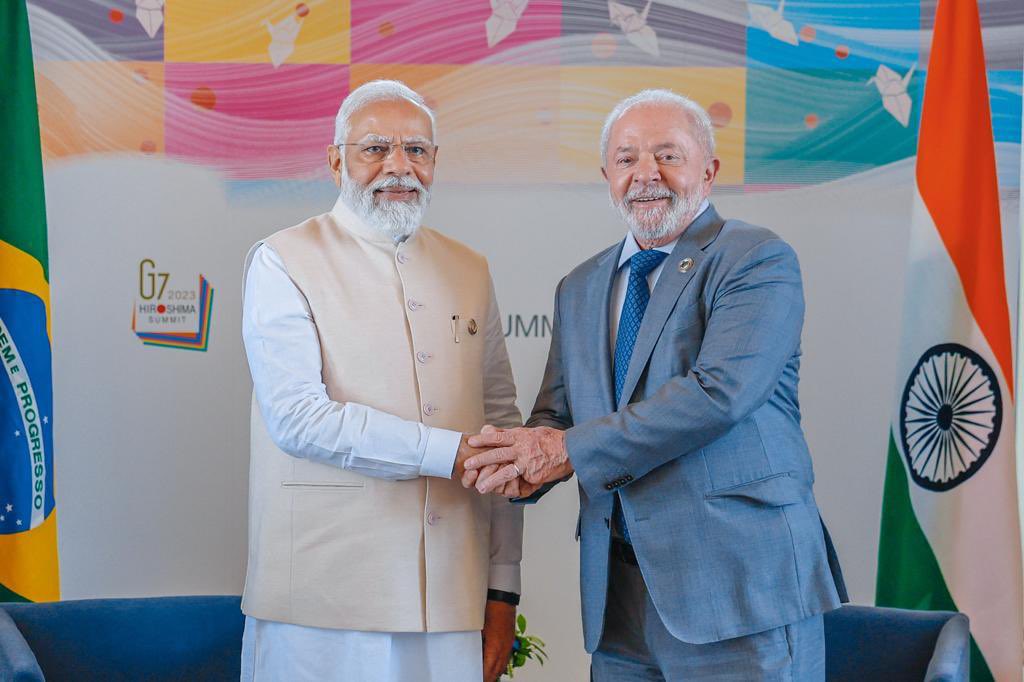

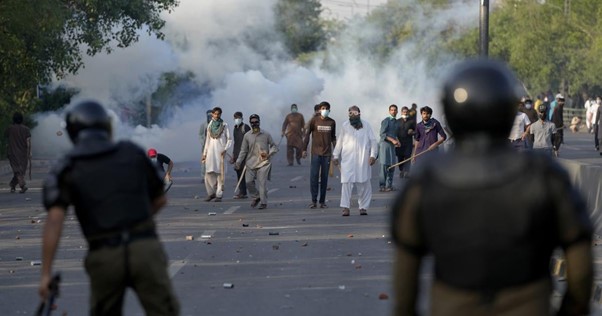

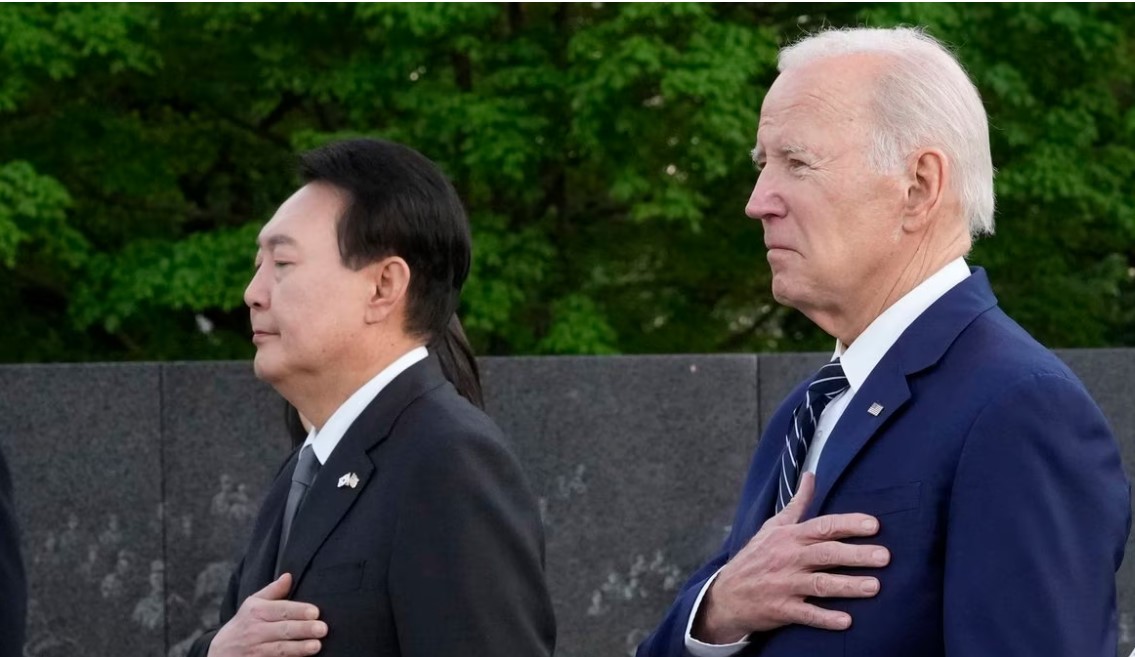

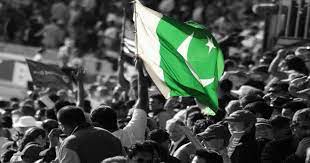

POST COMMENTS (2)
Hilal
Misthi goyal